
Cancer is scary. No matter what kind, we all cringe at the C-word. The good news is there are ways to protect ourselves from certain cancers, like skin cancer. Here are a few ways to protect your and your family’s skin during the hot summer months.
Use sunscreen with SPF 15 or higher
Since 1979, we’ve heard about the importance of wearing SPF 15 or higher before going out in the sun. That tip still holds true. If you are going to be in the sun for extended periods of time, it’s better to use a water-resistant, broad spectrum sunscreen with an SPF of 30 or higher. It’s also a good idea to reapply sunscreen every 30 minute to an hour during extended stays in the sun.
Seek shade during peak sunshine hours
While summer is the time to soak up the sun, we have to take certain precautions to protect our skin. During peak sunshine hours from 10 AM until 4 PM, try to seek out shade as much as possible.
Cover up
We know that wearing layers in the southern sun isn’t ideal. But protecting your skin from the sun’s harsh rays can be as simple as wearing a light long sleeve T-shirt or a wide-brimmed hat. Combining this method with shady areas, and protecting your skin is easy.
Avoid tanning beds
We understand the desire for a healthy glow during the summer months, but tanning beds are even more dangerous than spending time in the natural sun. Indoor tanning exposes your skin to UV or ultraviolet rays, which can lead to melanoma (the deadliest of skin cancer). Indoor tanning can also lead to eye problems, like cataracts and ocular melanoma (cancer of the eye).
Be mindful of medications
Certain prescriptions can make your skin more sensitive to the sun’s rays. Discuss your medications with your physician or pharmacist to ensure you aren’t at a heightened risk of skin damage due to your prescriptions.
Take your vitamins
New studies have shown that taking vitamins, especially B3 vitamins like nicotinamide, can help your skin repair itself after sun damage. While this can help decrease risks of extensive sun damage, it works best when combined with the other tips on this list.
Examine your skin every month
As part of your monthly routine, be sure to check your skin for unusual spots or discolored moles. If you find any, make an appointment with your provider to have those spots examined by a professional.
See a professional each year
Although you are checking your skin each month for irregularities, it’s ideal to get a professional’s opinion at least once a year. They are trained to spot the things we can’t recognize right away. Plus, regularly seeking professional help can increase your chances of catching any cancerous spots in the earliest stages.
Ready to schedule an appointment? Call our office at 662-282-4226 today.
https://www.cdc.gov/cancer/skin/basic_info/indoor_tanning.htm
https://www.skincancer.org/prevention/sun-protection/prevention-guidelines
https://www.prevention.com/health/a20478644/7-different-ways-to-prevent-skin-cancer/
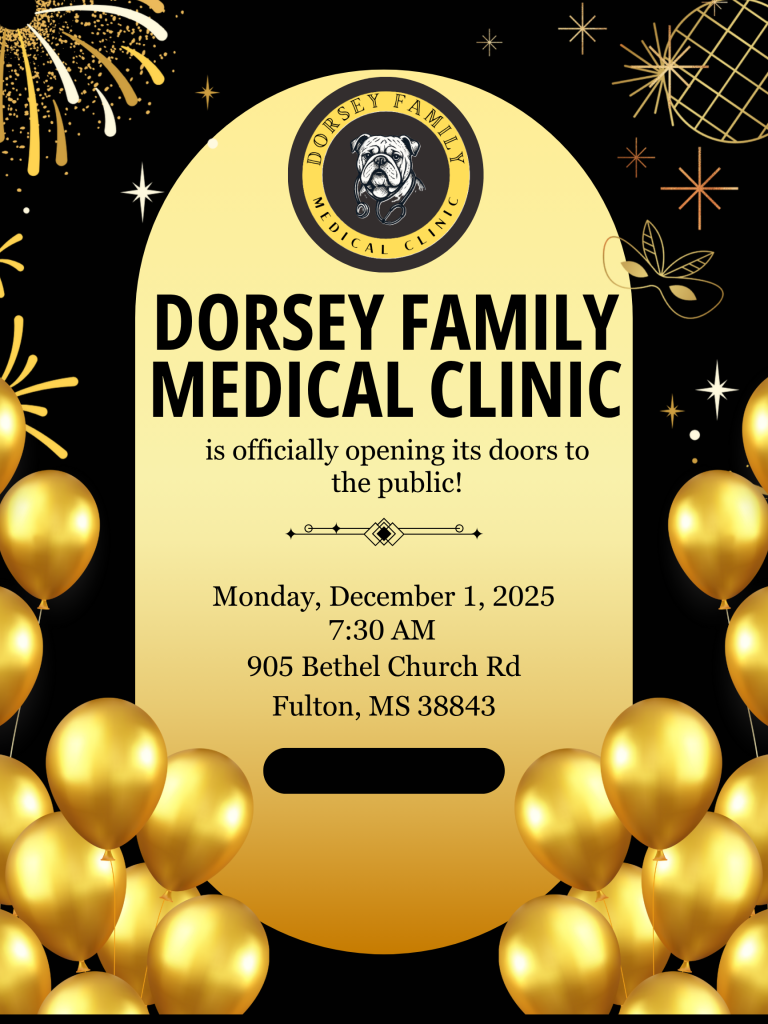
 Olympic athletes, police officers, lawyers, ironworkers, and every other type of profession includes someone who has diabetes. Diabetes doesn’t have to be detrimental to your career. You can take a few steps to make managing your diabetes at work easier.
Olympic athletes, police officers, lawyers, ironworkers, and every other type of profession includes someone who has diabetes. Diabetes doesn’t have to be detrimental to your career. You can take a few steps to make managing your diabetes at work easier.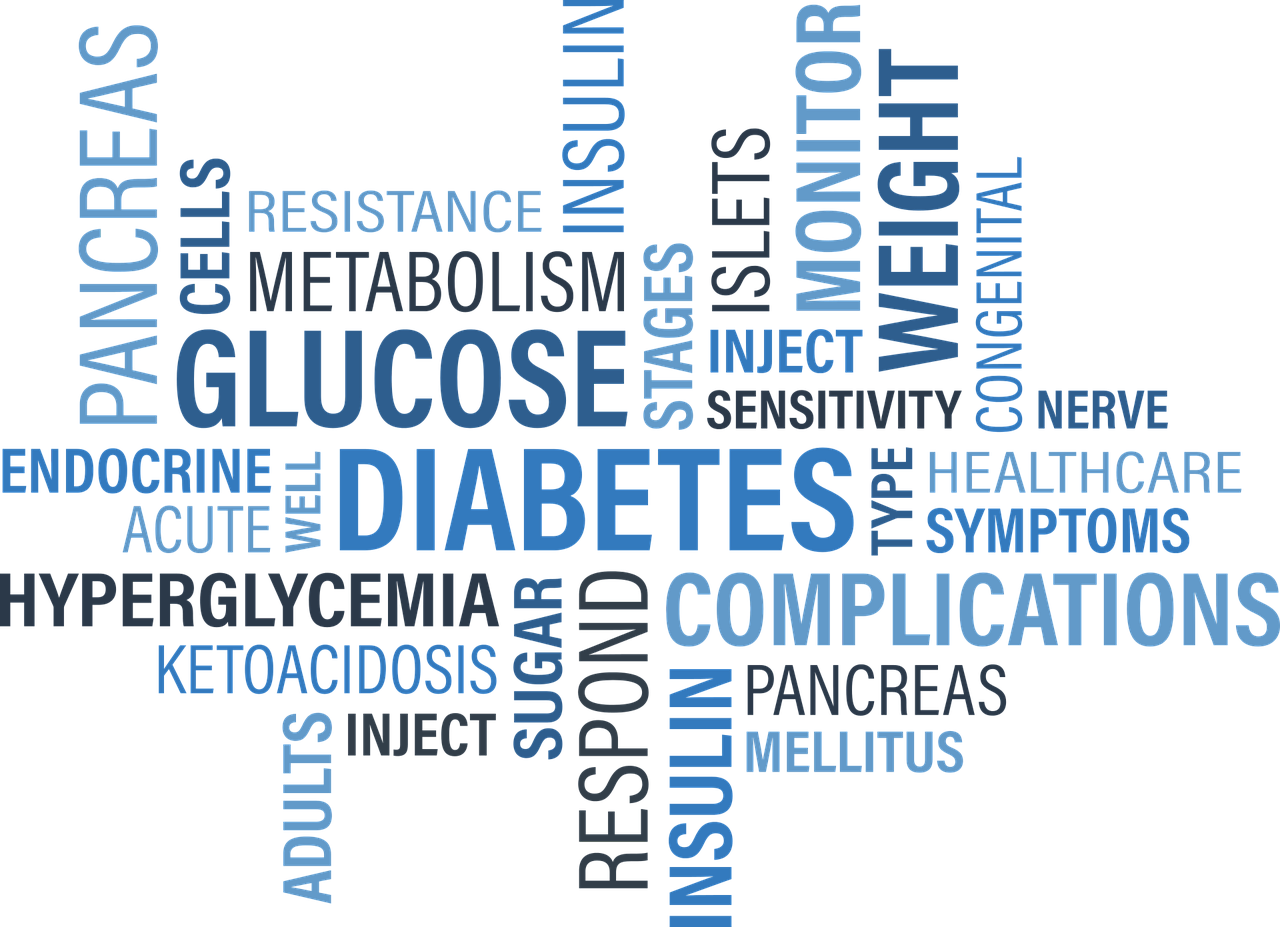
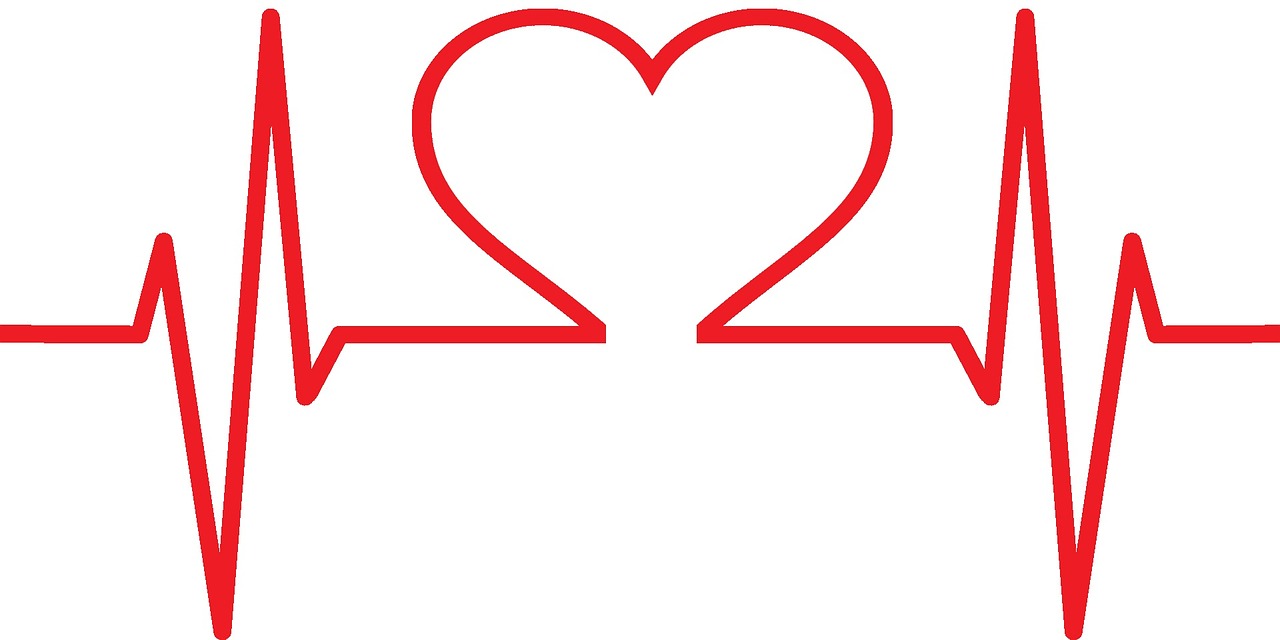
 Ben Napier and his wife Erin, both Mississippi natives and graduate of Ole Miss, host the HGTV show
Ben Napier and his wife Erin, both Mississippi natives and graduate of Ole Miss, host the HGTV show  Every year during the spring and summer seasons, people who suffer from allergies suffer in silence. In the South, the longer growing season, temperate weather, and tons of rainfall means plants grow and bloom longer than in northern climates which makes the allergy season in the places like Mississippi much longer and more intense.
Every year during the spring and summer seasons, people who suffer from allergies suffer in silence. In the South, the longer growing season, temperate weather, and tons of rainfall means plants grow and bloom longer than in northern climates which makes the allergy season in the places like Mississippi much longer and more intense. 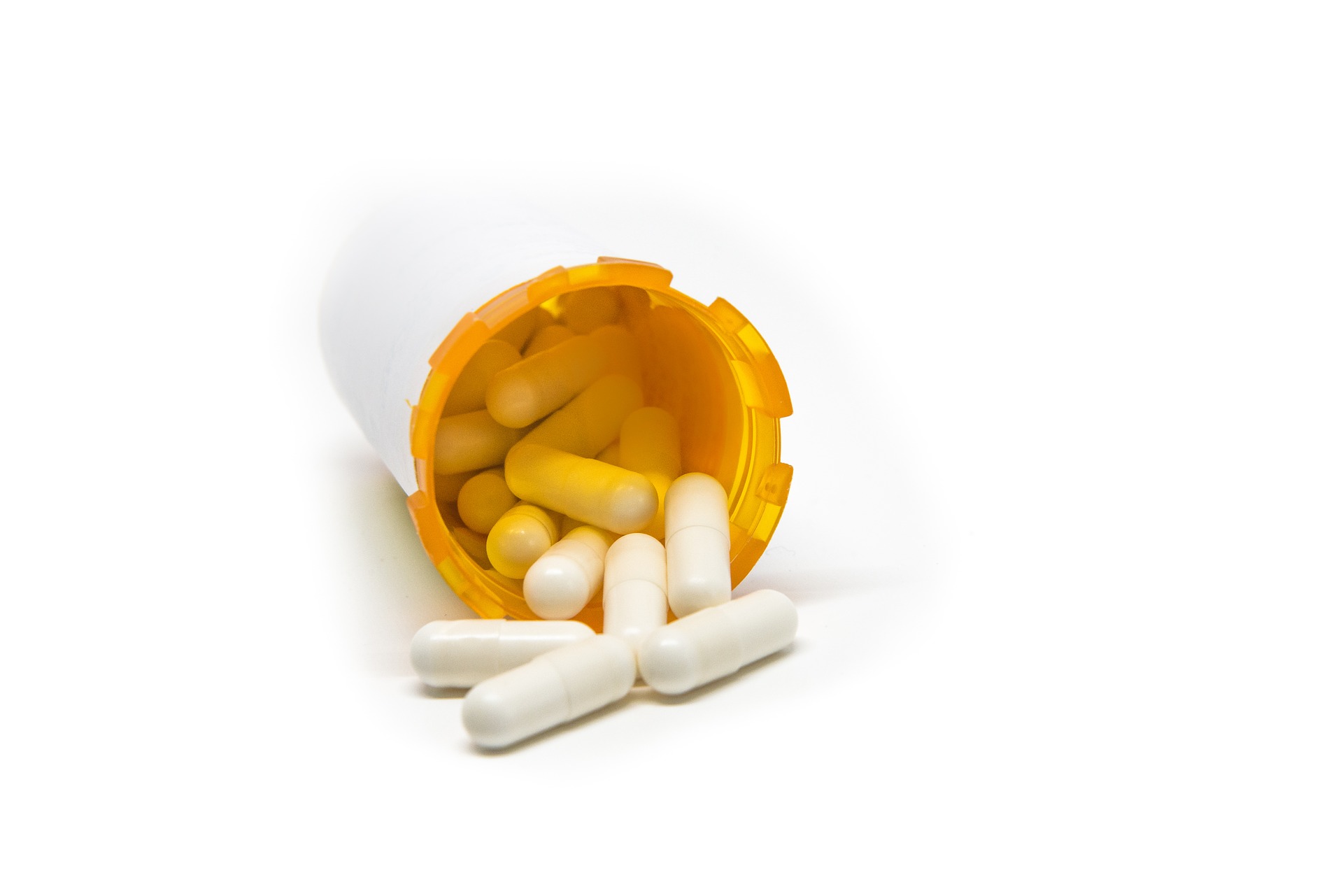 Did you know Lee County is the #4 county in the state for opioid deaths?
Did you know Lee County is the #4 county in the state for opioid deaths?  It’s estimated that 86 million Americans have high blood sugar. Prediabetes is a condition in which blood sugar is high but not high enough to be Type 2 diabetes. It should be a wakeup call since without intervention, prediabetes is likely to become Type 2 diabetes. It’s important to understand long term damage associated with diabetes such as heart, blood vessel, and kidney damage may have already begun. But it’s not too late to reverse the damage!
It’s estimated that 86 million Americans have high blood sugar. Prediabetes is a condition in which blood sugar is high but not high enough to be Type 2 diabetes. It should be a wakeup call since without intervention, prediabetes is likely to become Type 2 diabetes. It’s important to understand long term damage associated with diabetes such as heart, blood vessel, and kidney damage may have already begun. But it’s not too late to reverse the damage!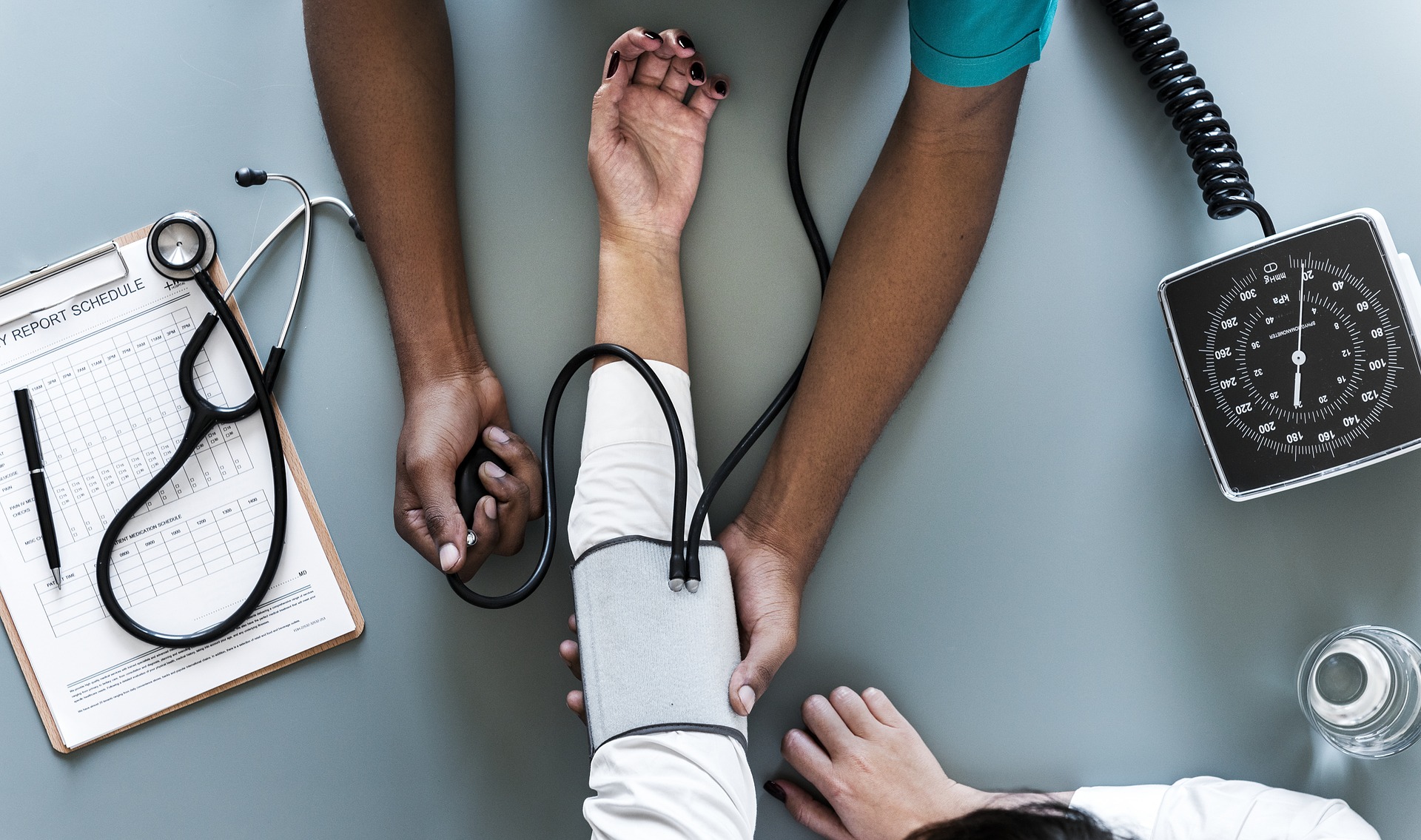 Thanks to new scientific guidelines issued by the American Heart Association, the American College of Cardiology and nine other heart health groups, nearly half of all American adults have high blood pressure. The new guidelines were announced November 13.
Thanks to new scientific guidelines issued by the American Heart Association, the American College of Cardiology and nine other heart health groups, nearly half of all American adults have high blood pressure. The new guidelines were announced November 13.
